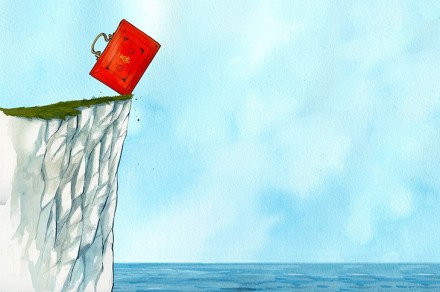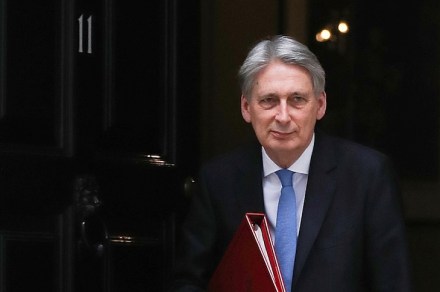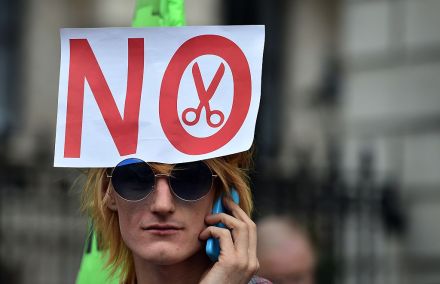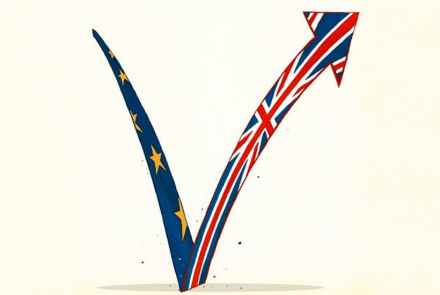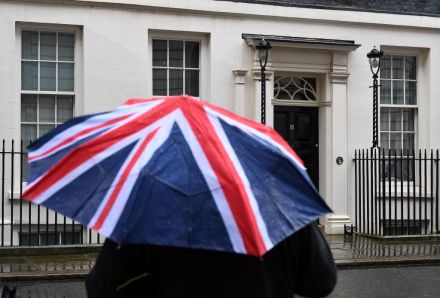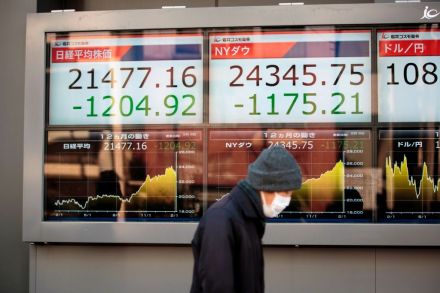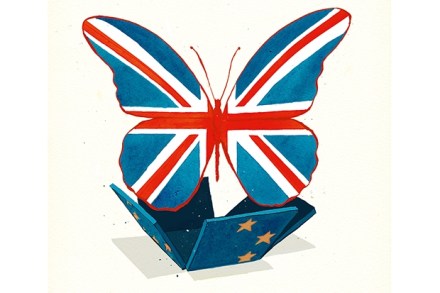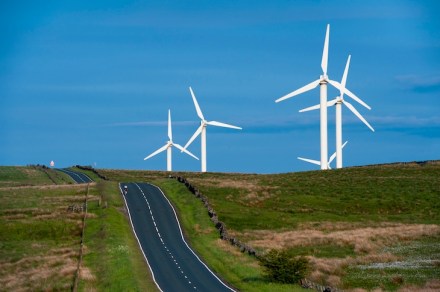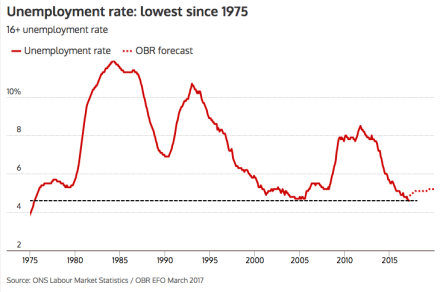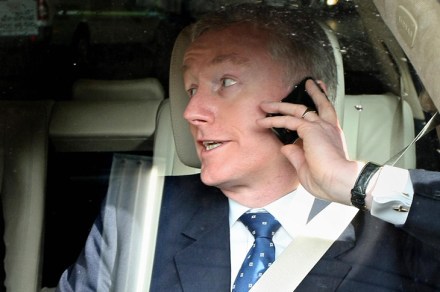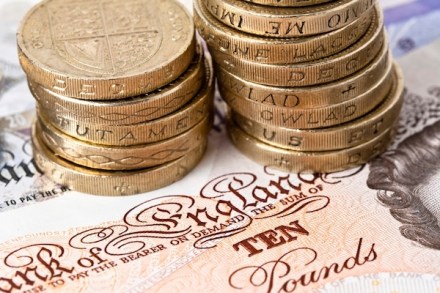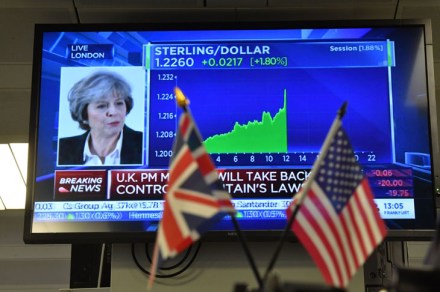Sterling has a spring in its step (and so should you)
IN ASSOCIATION WITH The “era of austerity is over,” the Chancellor proudly declared in his Autumn Budget on 29th October 2018. In the increasingly labyrinthine world of British politics, a lot has changed since this bold pronouncement: the Government has been defeated on critical legislative votes by margins of historically significant proportions; the Prime Minister has survived a vote of confidence in her leadership; 16 ministers have resigned; and MPs from both Labour and the Tories have formed the breakaway “Independent Group.” Needless to say, this has all occurred against a backdrop of profound uncertainty over the ultimate outcome of the negotiations over the UK’s departure from the European Union.
